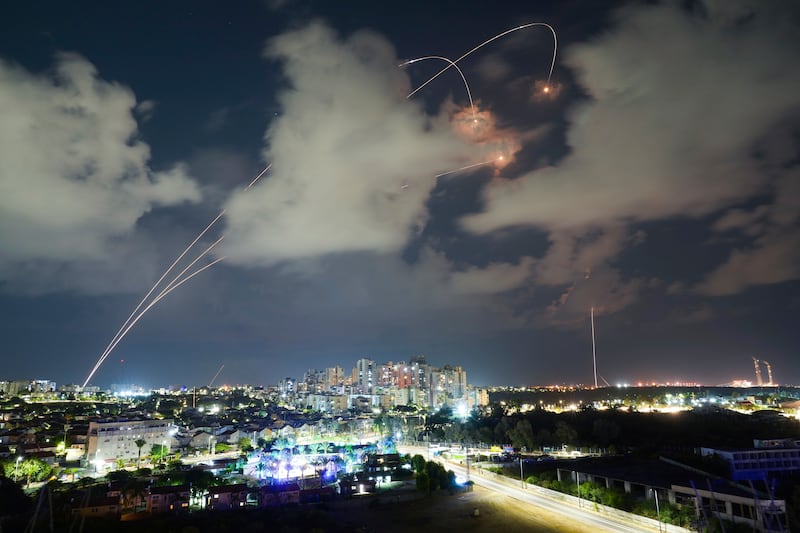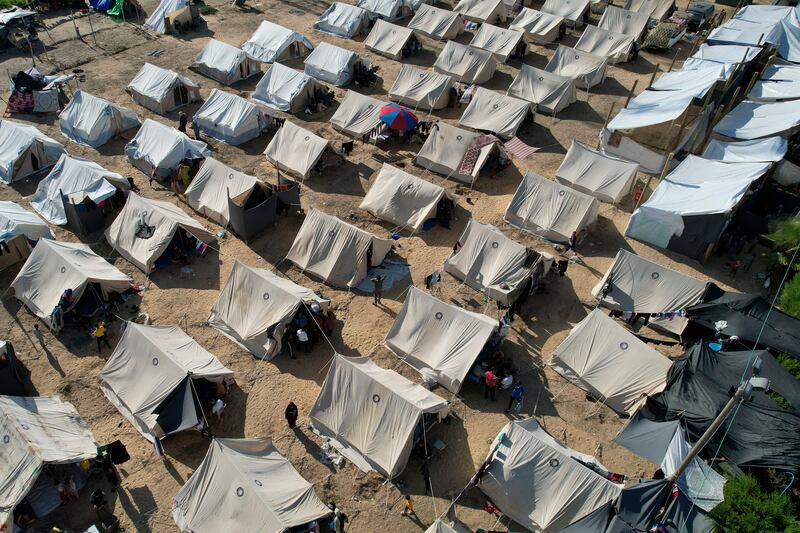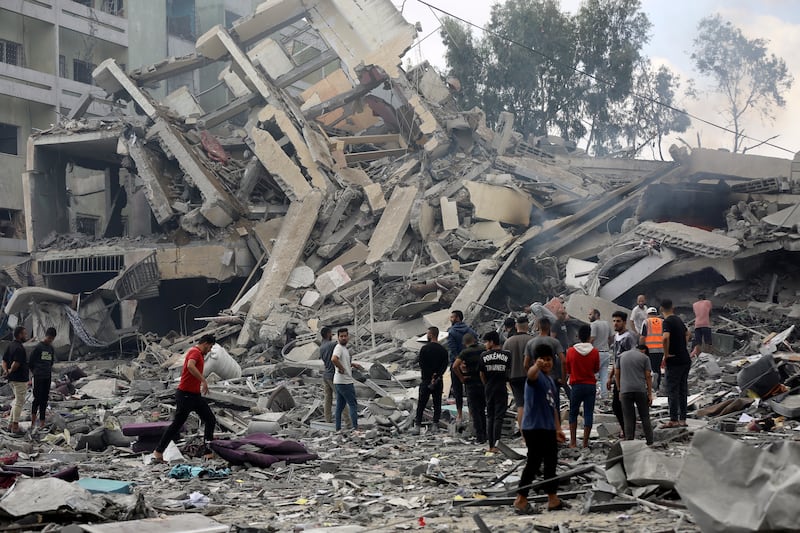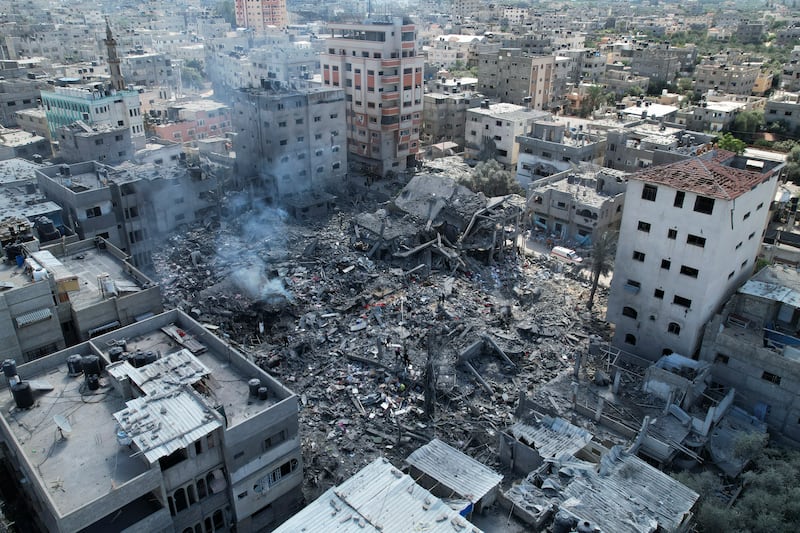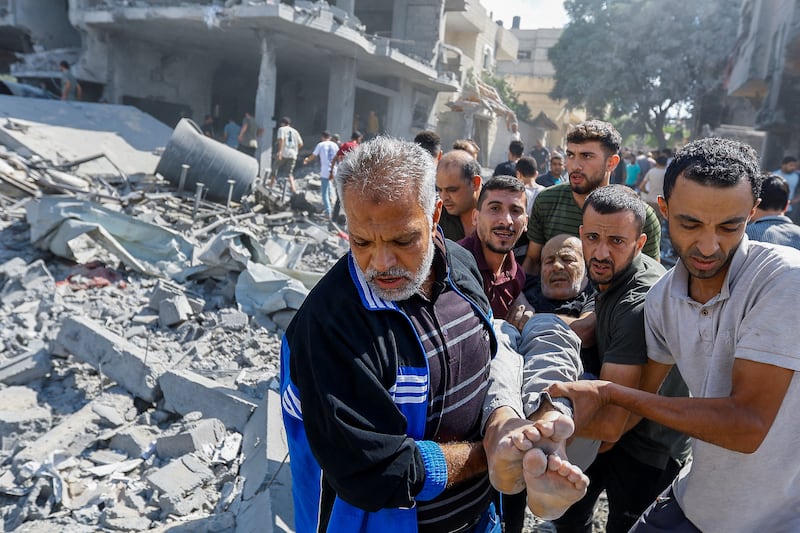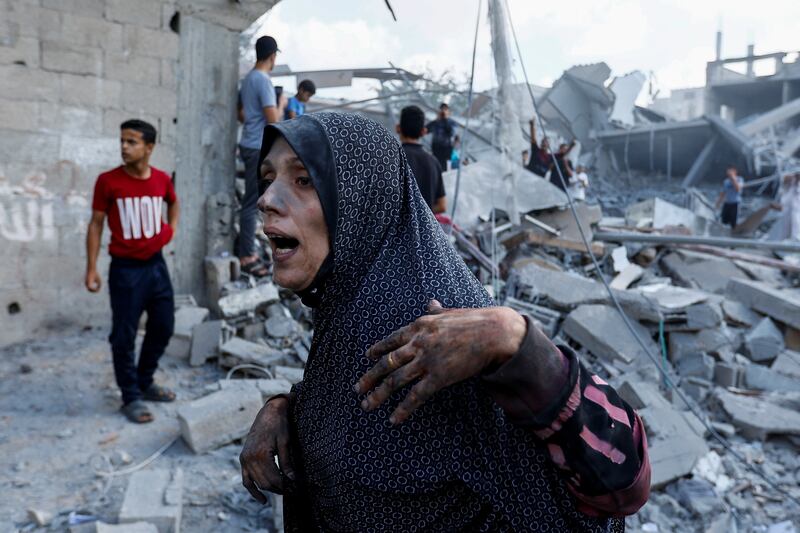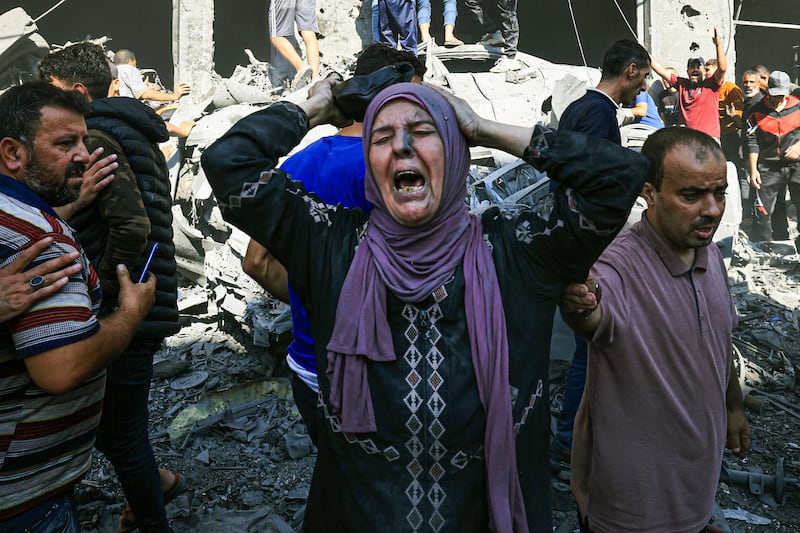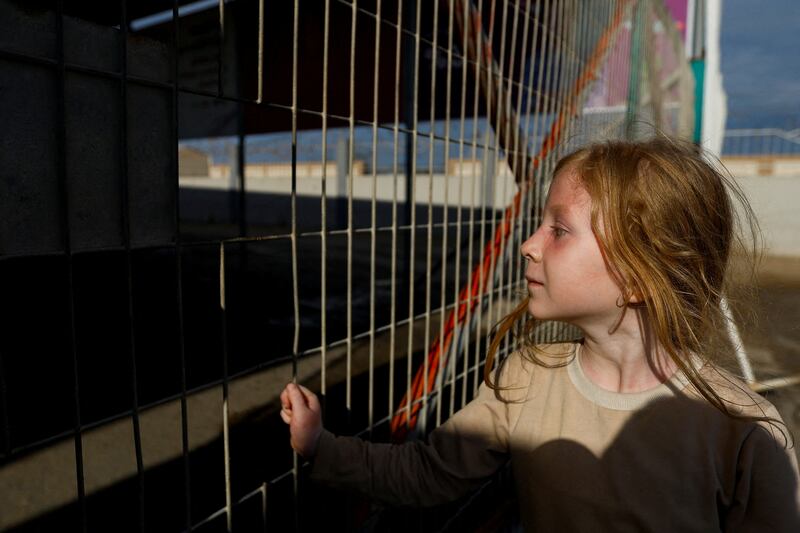Almost exactly 20 years ago, a multinational fact-finding mission called the Iraq Survey Group confirmed that it had not yet found weapons of mass destruction in the country.
So began the creeping realisation that the rationale for the invasion of Iraq put forward to the world by the governments of the US, the UK and other nations was based on a great falsehood. Namely that Saddam Hussein could and would use these WMDs against their populations if he wasn’t stopped as soon as humanly possible.
I still cannot be sure of the morality of the invasion even from the vantage point of 2023. There were always strong arguments in favour of a military intervention as the only sure route to freeing a downtrodden people from Saddam’s regime of fear and brutality. Equally, we all knew that the cost would be horrible and largely borne by the same people the US-led coalition claimed it was going to save.
What is undeniable is that the consequences of perpetrating a lie to grease the wheels of international support for the invasion, or at least to erode some of the opposition to it, continue to be felt even today. In addition, a less-than-perfect understanding of Iraq and the Middle East among those living outside the region in 2003 also played its part in allowing a distorted narrative to take root.
Tens of thousands of lives have been destroyed, hundreds of billions of dollars have been spent and decades wasted without even the result of the Iraq its people were promised; the country remains very much a work in progress. Even the listing of such large numbers cannot properly describe the pain of the past two decades.
Meanwhile, the peddlers of the WMD fiction – we all know who they are – have seemingly suffered no tangible penalties for their roles in what has followed.
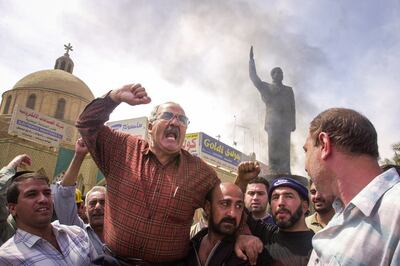
The bitter fruit of their labour, beyond the above, is to have provided moral licence for all those who followed them to champion their own, albeit smaller scale, falsehoods.
During the financial crisis that began in 2008, it was easy enough for policymakers to claim that they were helping families avoid economic disaster when a large part of what they did was rescue the bankers from themselves. As technology increasingly dominates our lives, the executives running the biggest firms have had the necessary political cover to be less than transparent about how our personal data is being used.
Around the world, populism has spread, with political landscapes disrupted by mendacious individuals able to win elections that are supposed to be holding leaders to account.
In Britain, the fallout from the WMD lie has arguable been felt the most, with both austerity and Brexit undermining the fabric of the country and hamstringing its institutions. It could take a generation to unwind the damage done.
It is also overly simplistic to point the finger at social media for the proliferation of fake news. Typically, at the beginning of every story there is a person deliberately setting out to be dishonest for their own self-interested aims.
Lately, however, I have had a sense that we have crossed a threshold. To an extent, the Covid-19 pandemic shook many of us out of our wilful innocence and more people have begun to question the narratives being shaped around us.
It is perhaps too soon to declare that this era of deceit, which began in 2003, is at its end. But it has certainly reached its half-life and the power of dissimulation and double-dealing has diminished.
The latest conflict in Gaza – a new shock to a world that you would have thought by now could not be surprised by anything anymore – is proving the point.
As catastrophe envelopes the Palestinians and the fate of nearly 200 Israeli hostages hangs in the balance, the information war online is at fever pitch. Hamas and its supporters are battling the Israeli government and military to control opinion. Yet the intentions of each side are too obvious to online audiences.
Among a number of them, there appears to be a fledgling appreciation of the nuances of the situation that was certainly not immediately visible in mainstream media during the Iraq invasion.
While commentators today debate the definition of a proportionate response in the military sense, many individuals are more concerned about the people on the ground, in Gaza and in Israel, and how they are suffering – and more importantly, how we can find a way to stop it.
Sadly, the next few days and weeks will probably see things get worse for the innocents caught up in this situation before they get better. There is a thread of optimism to hold on to, however.
First, people around the world have a much better understanding of the Mena region compared to 20 years ago, in part thanks to the greater scrutiny in the aftermath of the Iraq war. Second, societies have digested the many untruths they have been fed and this grim diet has left many with an innate refusal to take anything at face value anymore.
It is then no longer a certainty that we will swallow the coming falsehoods that may be used to justify, in our names, actions that we all know are morally questionable.

